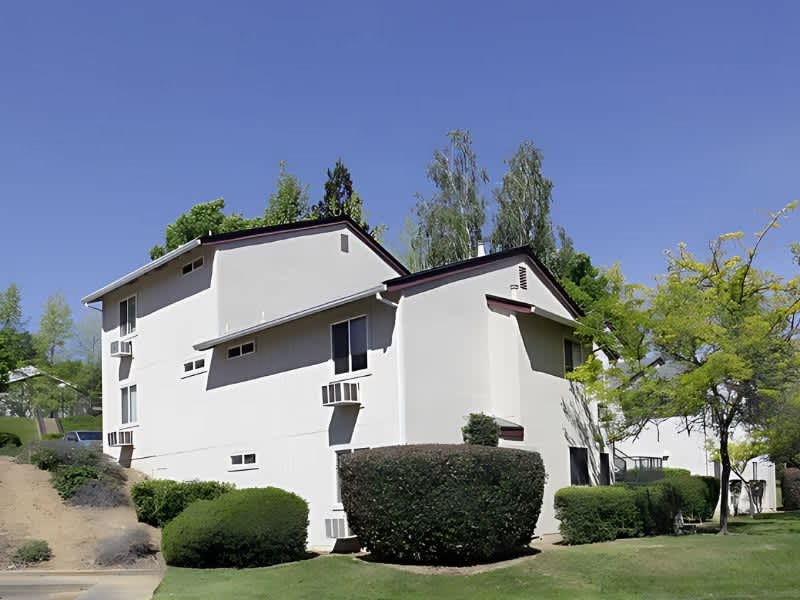Tax Reduction: Section 515 Low-Income Housing Project
Total Tax Savings
Results
%0
Total Reduction
$0
Total Tax Savings
Overview
Since 1995, Protax LLC, a leading property tax consulting firm, has been a dedicated advocate for Section 515 low-income apartment complexes across California. By the year 2000, Protax LLC had secured its position as the primary representative for the majority of these properties, managing over 330 complexes statewide. Through its advocacy efforts, Protax has achieved more than $1 billion in assessed valuation reductions, resulting in over $15 million in tax savings for these subsidized low-income housing programs.
Challenge
Section 515 properties operate under strict 55-year federal agreements that limit both tenant eligibility and the return on investment for owners. In California, properties subject to these government contracts must be evaluated using specific legal methodologies, adding complexity to the assessment process. One such property in Northern California initially benefited from temporary Proposition 8 reductions starting in 1997. However, after a change in property management in 2002, which chose not to renew Protax’s services, these reductions were lost. By 2016, the property’s Proposition 13 base year value had been fully restored to its adjusted assessment of $5,594,796. Recognizing the need for expert guidance, the new management re-engaged Protax LLC to address the growing overassessment.
Solution
Leveraging its extensive experience and deep knowledge of Section 515 properties Protax LLC renewed its effort with the county using its proven valuation methodology previously established through prior hearings. This approach, which mandates the correct appraisal techniques for assessing Section 515 properties, enabled Protax to secure a new series of annual tax reductions beginning in 2017, continuing through the 2024 tax year
Results
Thanks to Protax LLC’s expertise, the property achieved a remarkable 42% reduction in assessed value, leading to substantial tax savings. These savings directly benefit tenants, as the owner’s return remains regulated by the government subsidy program.
Conclusion
This case highlights Protax LLC’s commitment to supporting affordable housing initiatives through effective property tax advocacy. By navigating complex government regulations and ensuring the proper application of valuation methodologies, Protax LLC plays a crucial role in helping low-income residents benefit from affordable housing programs designed to serve their needs.




